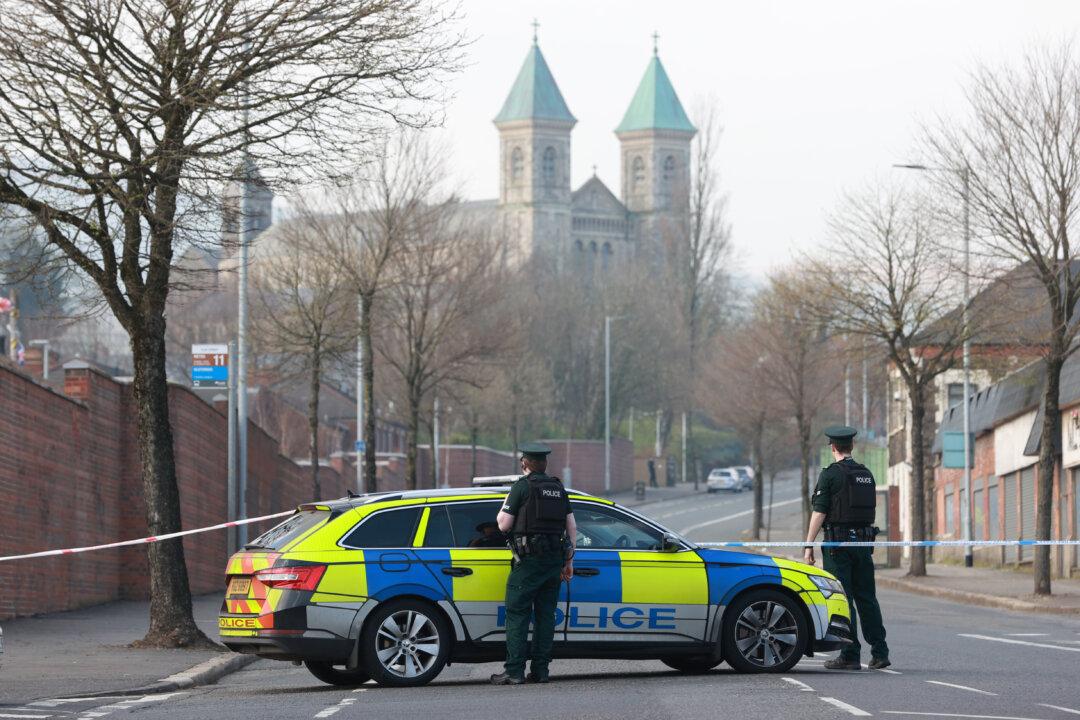A Belfast court on Saturday denied the bail of high-profile loyalist Winston Irvine who is charged with firearm offences.
The 46-year-old man former Progressive Unionist Party (PUP) head of communications was arrested on Wednesday as part of an investigation into a separate hoax bomb incident that led to the evacuation of Irish Foreign Minister Simon Coveney from a peace event on March 25.





